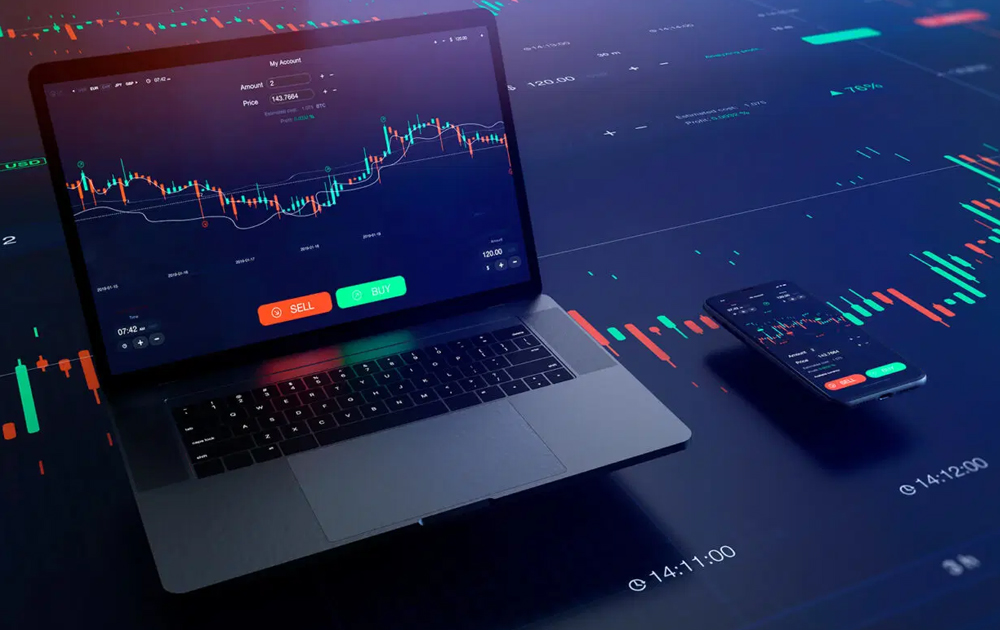Futures and Options
Unlock new Futures and Options trading opportunities with access to China Exchanges, key and emerging markets.

Futures and Options Trading
Futures and options trading offer powerful tools for accessing global markets and managing financial risks. Futures enable traders to speculate on price movements, hedge uncertainties, and diversify portfolios across commodities, indices, and financial instruments. Options add flexibility by allowing traders to capitalise on market moves while controlling risk exposure.
With seamless access to major exchanges in China and global markets, these instruments open doors to emerging opportunities in globally. Whether you’re an experienced trader or exploring new strategies, futures and options provide versatile solutions for navigating today’s financial landscape.
Benefits of Trading Futures and Options
Multi-asset Class Offerings
Explore opportunities with our diverse product range.

Hedge and Diversify
Protect your assets against market volatility.

Enhance Capital Efficiency
Gain market exposure with minimal margin.
Market Transparency
Access transparent pricing and real-time market data.

Vast Market Opportunities
Trade globally and seize diverse opportunities in futures and options.
Sign up and open your account with us today!
Why Trade Futures and Options with us
Unmatched access to China Exchanges, key and emerging markets
Market Access
Access to exchanges in China and other international markets.
Superior Execution
Gain a trading edge with our co-location services, which offer low-latency connectivity and access to emerging Asian markets. Market makers, liquidity providers, and high-frequency traders can capitalise on opportunities across exchanges and asset classes in key regions, including Singapore, China, Hong Kong, India, Japan, and Brazil.
Tailored Solutions
Our comprehensive suite of services is designed to support seamless trading, risk management, and regulatory compliance. We offer:
- Customised account structures tailored to client needs
- Tailored reports based on clients needs
- Initial Margin (IM) & Variation Margin (VM) management and post-trade services
- Comprehensive global coverage across major trading platforms
- Direct Market Access (DMA) and algorithmic trading capabilities
24/5 Dedicated Client Support
24/5 dedicated team of specialists, always within reach.



